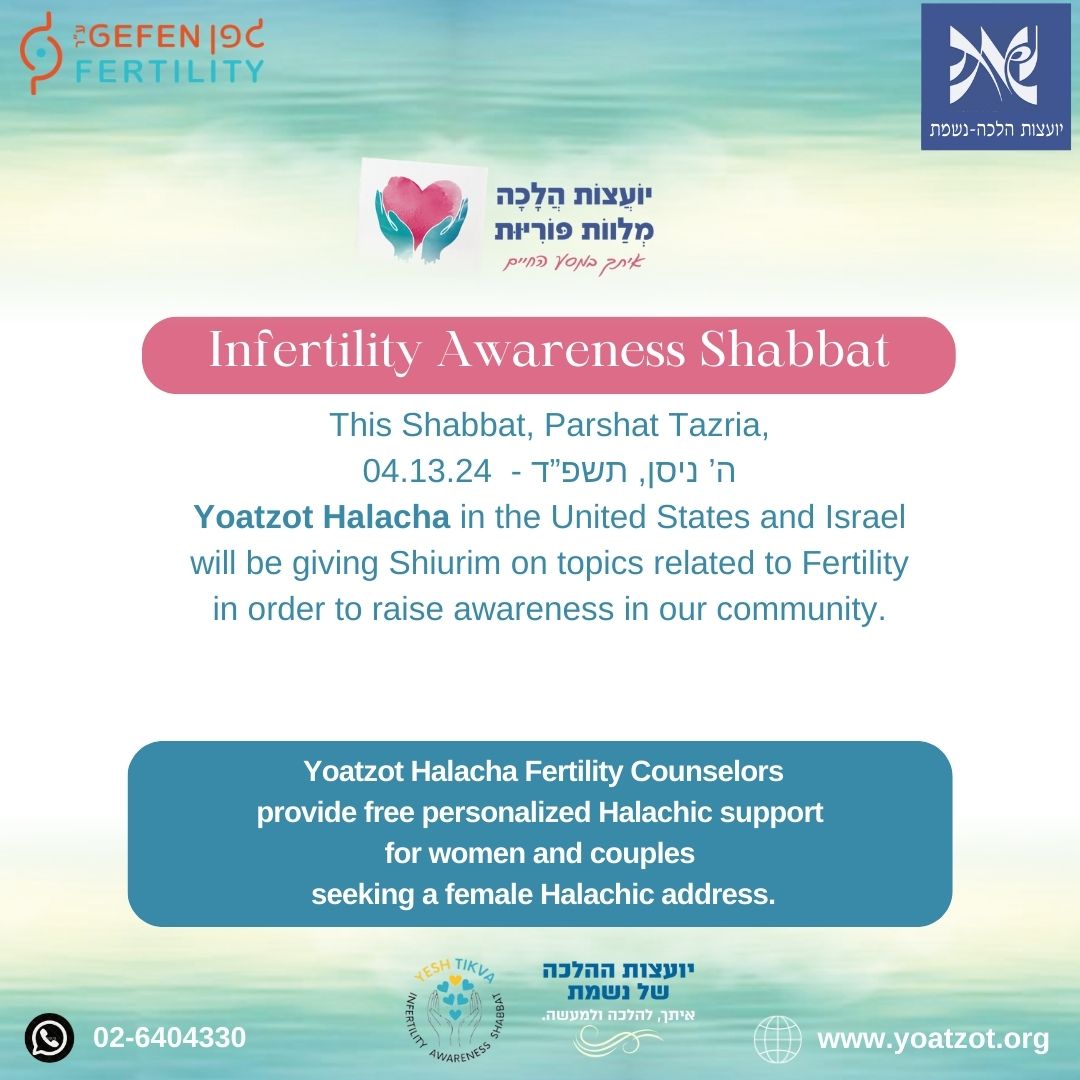I am looking for clear information about the prohibitions of negiya and relations for unmarried couples, especially people who were previously divorced and are in a new relationship. Can you please provide the actual Halacha and sources? Thank you!
Thank you for reaching out to us on this important matter.
It is prohibited for a Jewish man and woman to have sexual relations outside of the context of marriage. This applies equally to people who have always been single and to those who are divorced or widowed.
First of all, the prohibition of seclusion, yichud, applies to any man and woman who are not close family members or married to each other, (Talmud Avodah Zarah 36b, Shulhan Aruch Even haEzer 22:2).
Additionally, according to Rambam, a couple are prohibited on a Torah level to have relations outside of kiddushin (halachic betrothal), as an offshoot of the prohibition of cult prostitution, (Devarim 23:18, Rambam Ishut 1:4).
Furthermore, unmarried women are not permitted to immerse in a mikveh and therefore generally have the status of niddah, (Shu"t Rivash 421, Bet Yosef Yoreh Deah 183). A couple are prohibited on a Torah level from having relations when the woman is in niddah (VaYikra 18:19).
When a couple are prohibited from relations, there is an additional prohibition of having intimate contact (derech chibah) with each other. According to the Sifra and then the Rambam, this is a Torah level prohibition that applies even to hugging and kissing that may lead to relations, (Sifra Aharei Mot 9, Sefer haMitzvot 353, Mishneh Torah Isurei Biah 21:1, Shakh Yoreh Deah 157:10). According to Ramban, this is prohibited on a rabbinic level, (Hasagot HaRamban to Sefer HaMitzvot ad loc.).
There is debate as to whether less intimate physical contact is prohibited on a Torah level, (Orhot Hayyim Hilchot Biot Asurot 13), on a rabbinic level (Bet Shemuel Even HaEzer 20:1), or as a matter of custom.
Please write back with any further questions.
This internet service does not preclude, override or replace the psak of any rabbinical authority. It is the responsibility of the questioner to inform us of any previous consultation or ruling. As even slight variation in circumstances may have Halachic consequences, views expressed concerning one case may not be applied to other, seemingly similar cases. All health and health-related information contained within Nishmat's Women's Health & Halacha Web site is intended to be general in nature and should not be used as a substitute for consulting with your health care professional. The advice is intended to offer a basis for individuals to discuss their medical condition with their health care provider but not individual advice. Although every effort is made to ensure that the material within Nishmat's Women's Health & Halacha Web site is accurate and timely, it is provided for the convenience of the Web site user but should not be considered official. Advice for actual medical practice should be obtained from a licensed health care professional.
For further questions or comments: 
The Nishmat Women's Health and Halacha Site is a public service of Nishmat, The Jeanie Schottenstein Center for Advanced Torah Study for Women. This project and others like it are made possible by contributions from people like you. If you have benefited from the service, and wish to enable us to help others, click here to donate.
Users of Internet filtering services: This site discusses sensitive subjects that some services filter without visual indication. A page that appears 100% complete might actually be missing critical Jewish-law or medical information. To ensure that you view the pages accurately, ask the filtering service to whitelist all pages under yoatzot.org.






 Question:
Question:







